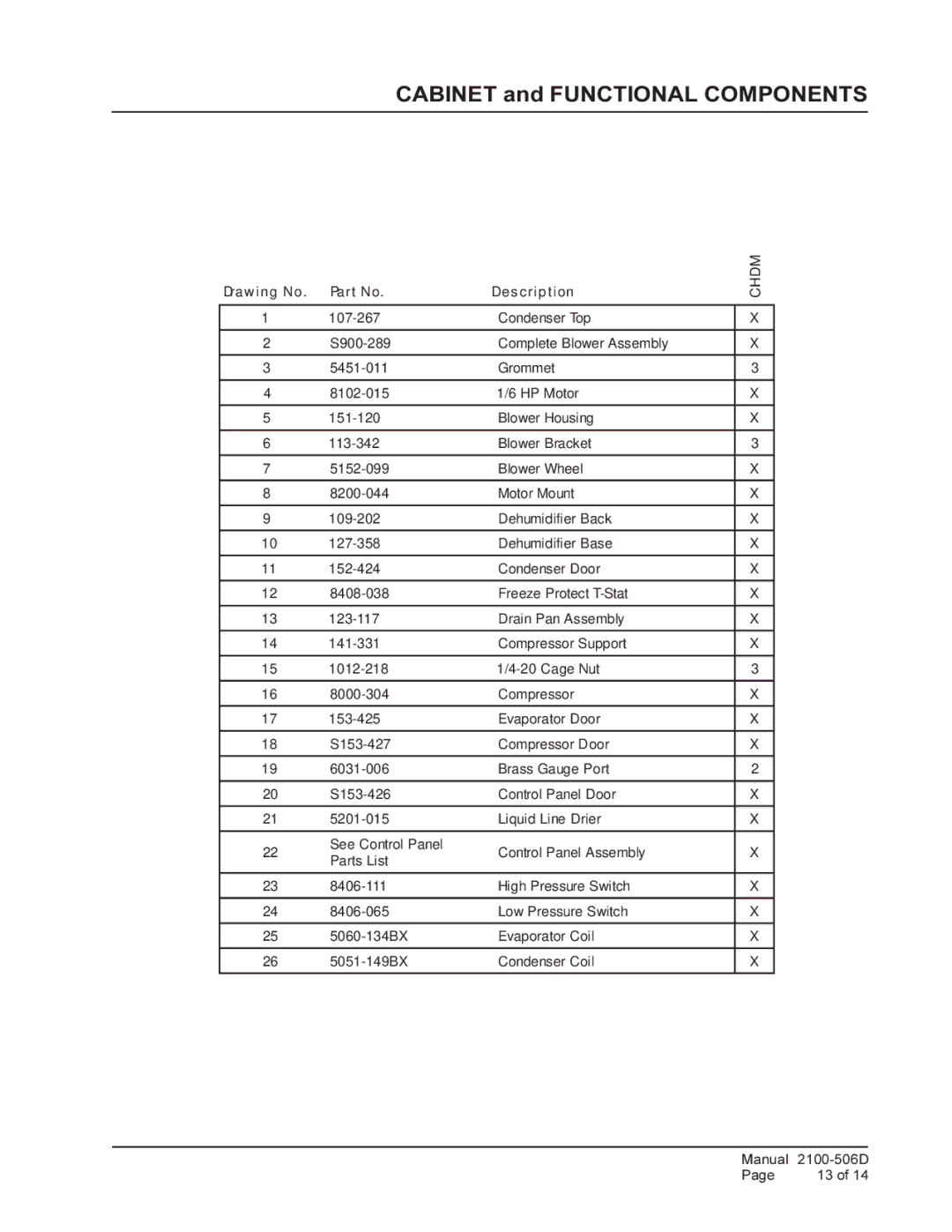CH3S1, CH5S1, CH4S1 specifications
Bard CH3S1, CH4S1, and CH5S1 represent a formidable trio of advanced technologies in the field of AI-driven natural language processing. These models are designed to facilitate seamless communication, enhance productivity, and deliver personalized experiences across various applications.One of the main features of the Bard CH series is its ability to understand and generate human-like text. This is achieved through deep learning algorithms that analyze vast datasets to learn language patterns, context, and nuances. The CH3S1 model, for instance, excels in basic conversational tasks, making it suitable for customer support, virtual assistants, and simple content generation. Its training allows it to respond efficiently to user inputs while maintaining clarity and engagement.
As we progress to the CH4S1 model, we observe significant enhancements in contextual understanding. This model can handle more complex conversations, making it adept at tasks requiring greater cognitive processing, such as technical support and nuanced dialogue-based applications. The increased parameter count and refined training methods contribute to its ability to grasp intricate sentence structures and varied linguistic styles, leading to more coherent and relevant responses.
Building upon the capabilities of its predecessors, the CH5S1 model represents the pinnacle of the Bard CH series. It integrates advanced features such as multi-modal processing, allowing it to work with text, images, and even sound. This model is engineered to perform in more specialized fields, such as healthcare, legal, and creative writing, where precise language and context are critical. The CH5S1 leverages feedback loops from real-time interactions to continuously improve its understanding and output, making it not only a tool for communication but also an intelligent partner for businesses and individuals alike.
In terms of technology, all three models utilize transformer architecture, which has proven effective in tasks requiring attention and context retention. They also implement reinforcement learning techniques to adapt and refine their models based on user engagement data. Furthermore, security and data privacy are prioritized, with strict adherence to ethical AI guidelines to ensure user trust.
Overall, the Bard CH series signifies a leap forward in artificial intelligence, combining advanced linguistic capabilities with a user-centric approach, thus redefining how we interact with machines and enhancing our digital experiences.

